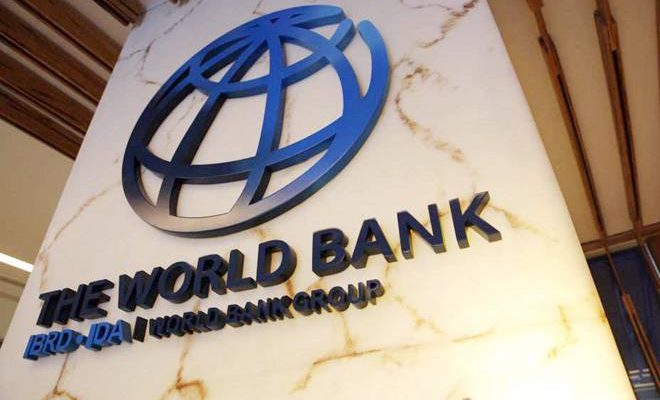589
By Myke Agunwa
The World Bank has urged the Federal Government to ensure that the gains from its recent macroeconomic reforms translate into tangible improvements in citizens’ living conditions, as fresh estimates show that about 139 million Nigerians are currently living in poverty.
Country Director for Nigeria, Mathew Verghis, made the call on Wednesday in Abuja during the launch of the latest Nigeria Development Update (NDU) report titled “From Policy to People: Bringing the Reform Gains Home.”
Verghis commended the Federal Government for its bold economic reforms — particularly the removal of petrol subsidy and the unification of exchange rates — saying the policies have begun to stabilize the economy and strengthen the foundation for long-term growth.
“Over the last two years, Nigeria has implemented major reforms around the exchange rate and petrol subsidy. These policies have laid the foundation for transforming the country’s economic trajectory for decades to come,” he said.
He noted that the positive impact of the reforms is already visible in key indicators such as improved revenues, a more stable foreign exchange market, growing reserves, and a gradual decline in inflation. “Growth has picked up, revenues have risen, debt indicators are improving, the FX market is stabilising, reserves are rising, and inflation is finally beginning to come down. These are major achievements, and many countries would envy them,” Verghis added.
However, he cautioned that millions of Nigerians have yet to experience any relief from economic hardship. “Despite these stabilisation gains, many Nigerians are still struggling. In 2025, we estimate that 139 million Nigerians live in poverty. The challenge is clear: how to translate reform gains into better living standards for all,” he warned.
The report outlines a three-point agenda for sustaining reform progress — reducing inflation, improving public spending efficiency, and expanding social safety nets. Verghis stressed that addressing food inflation is key to protecting the poor and maintaining public support for ongoing reforms.
He reaffirmed the World Bank’s commitment to supporting Nigeria’s economic transformation through policy advice, technical assistance, and financial backing aimed at achieving inclusive and sustainable growth.



